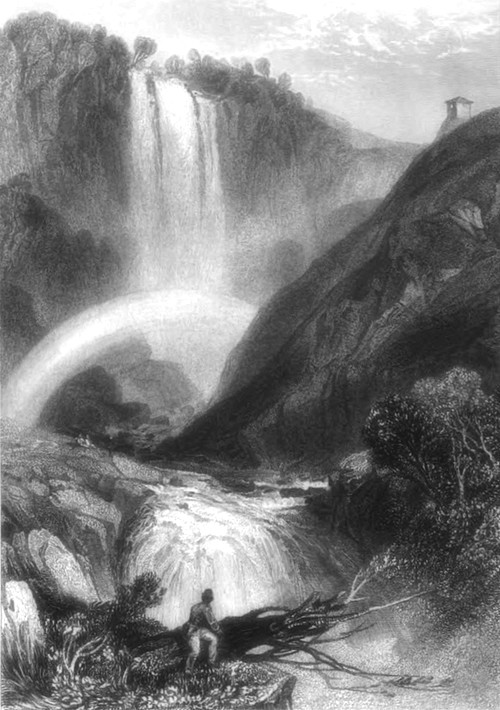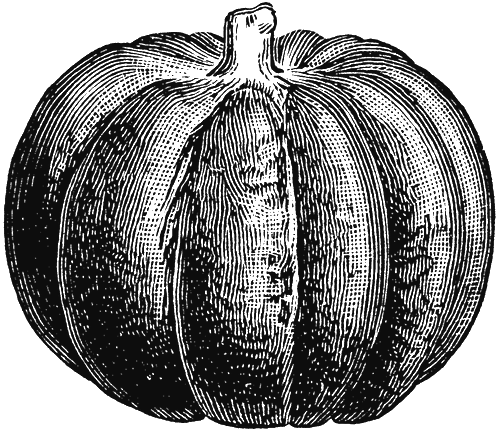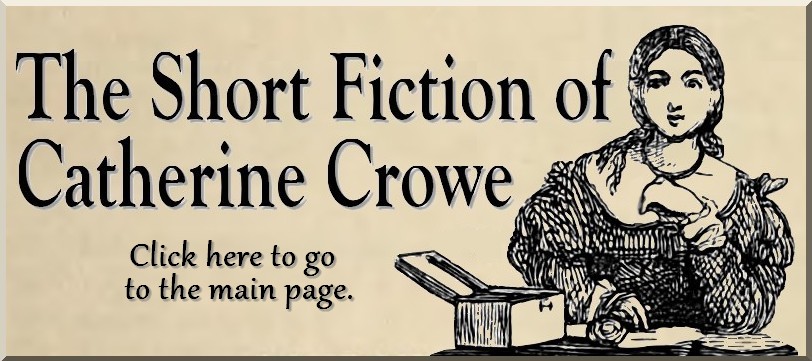The earliest short story written by Crowe that I’ve located so far debuted in 1841. It appeared in Chambers’ Edinburgh Journal with the fairly lackluster title of “A Traveller’s Tale.” When reprinted in Crowe’s collection Light and Darkness; Or, The Mysteries of Life about a decade later, it was retitled “An Adventure in Terni.” If not zippier, at least the new title is more specific.
Toward the finale, Crowe’s unnamed narrator refers the incident he and a companion encountered while traveling through Italy as a “mystery.” To be sure, it involves a murder, the victim having been pushed off of what one can presume is Cascata delle Marmore in Terni. But the victim’s husband is a strong suspect right from the start — the only suspect throughout — and he’s convicted and executed in the end. So there’s no struggle to identify the culprit here. It isn’t a whodunit, in other words.

Instead, this tale fits neatly into the whydunit mold. We don’t get much information on how the two travelers unearth the backstory to the murder. Maybe they just asked around. It’s not especially important, though, because Crowe’s focus is the loves of two brothers. And the arranged marriage that led one brother to commit suicide and the other to commit murder. And the poor woman who loved the “wrong” brother.
Romantic entanglement seems to be a frequent element in Crowe’s short fiction. At times, this leads to complexities and a cast of characters more befitting a novel than a short story, but she keeps things very manageable here. I didn’t feel the need to start taking notes on who loves whom, who doesn’t love whom back, and who flat out resents whom.
In fact, it’s curious that Crowe shows a knack for tale writing in this early work that isn’t always evident in her later stuff. I found “An Adventure in Terni” to be a pleasant illustration of how the strong currents of our passions can whirl and swirl, sweeping us to a moral plummet. Crowe creates a disastrous and deadly waterfall, if you will, for both the killer and the killed.

